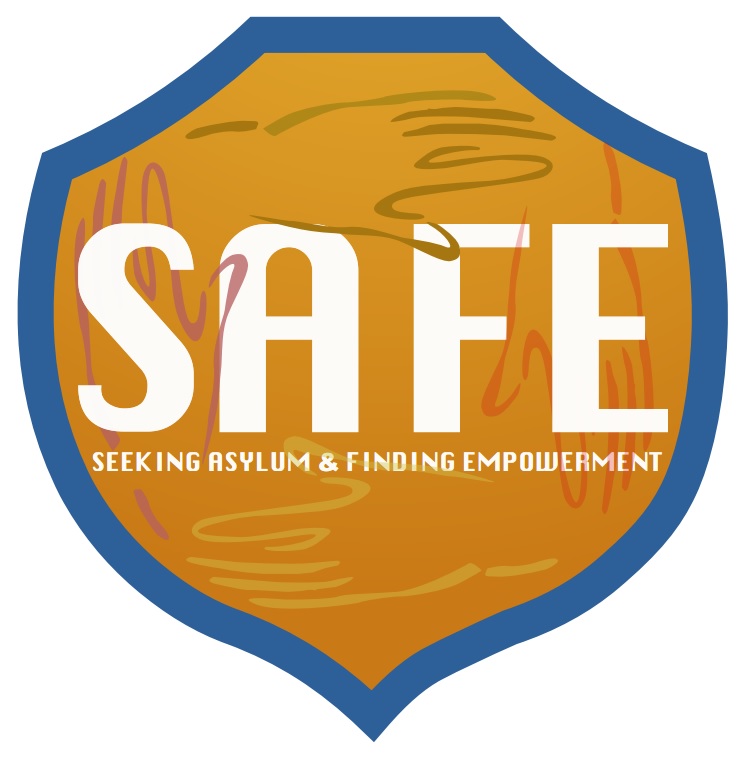Why Mentoring Matters
As a mental health clinician and a trauma specialist with special competency in working with diverse immigrant communities, I can attest to the benefit of establishing and maintaining strong social connections. Such connections reduce isolation, improve mental health and offer better coping strategies for the newest Americans.
The immigration journey is fraught with many predicaments, such as language barriers and different cultural expectations. Uprooting oneself and moving to a foreign land is a traumatic process that leaves an indelible impact on the individual.
Recent immigrants almost always search out people from the same or similar background, language, religion and culture. Imagine the pangs of disappointment experienced by immigrants who suddenly find themselves surrounded by people from their own background but condemning them for who they are. Many have fled their countries of origin only to be subject to the same or similar oppression and persecution. The resulting trauma robs immigrants of their emotional security and their connection to the community. New York City immigrants, especially survivors of anti-LGBTQ+ and gender-based violence who find themselves in such situations, feel isolated and marginalized and without any support system.
Thus, it is incredibly important to provide such vulnerable, often fragile individuals with a support system so they can regain their sense of safety and personhood. Given my professional experience in this area, I wholeheartedly support the launch of SAFE’s mentoring program, which aims to end social isolation by providing the safe and nurturing community partnerships that are crucial for individual growth and success.
Mentors can assist new Americans in learning English and writing their resumes. Mentoring can also provide guidance around social mores and customs. Beyond these practical benefits is the wider impact of mentoring. Simply stated, SAFE’s program creates a space for recent LGBTQ+ immigrants to be who they are. These individuals, who have been traumatized in their countries and by their families of origin, are re-traumatized by the grueling asylum process. Providing such individuals with mentors who are sensitive and caring will address the unfortunate loneliness and isolation, and instill hope, which is crucial to human survival. It is important to note that mentoring not only benefits the mentees but also offers the mentors a sense of satisfaction--of giving back and community building--especially during these times when so many feel thwarted and powerless.
Life is a beautiful thing and being able to empower one to live a full and happy life is priceless. My heartfelt gratitude goes to SAFE for launching this program.
